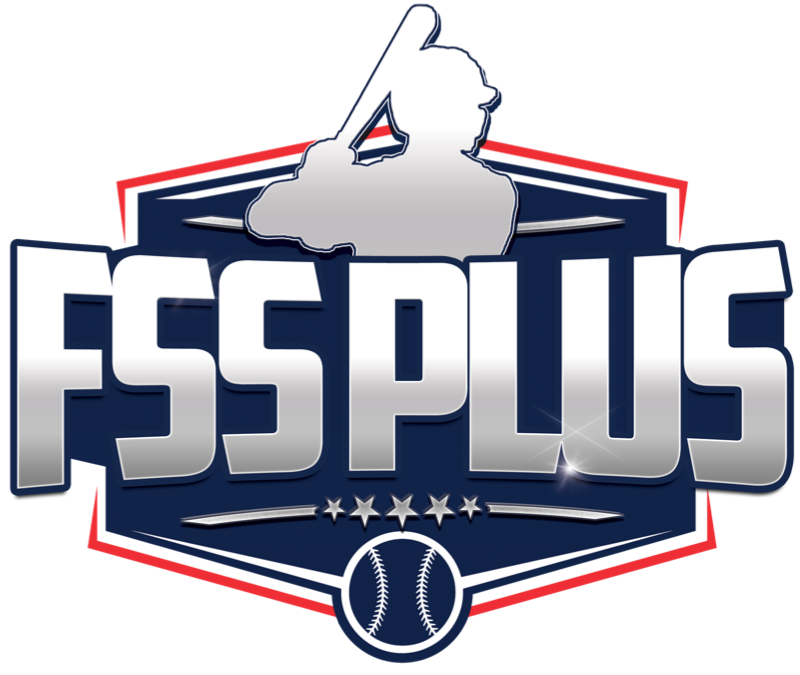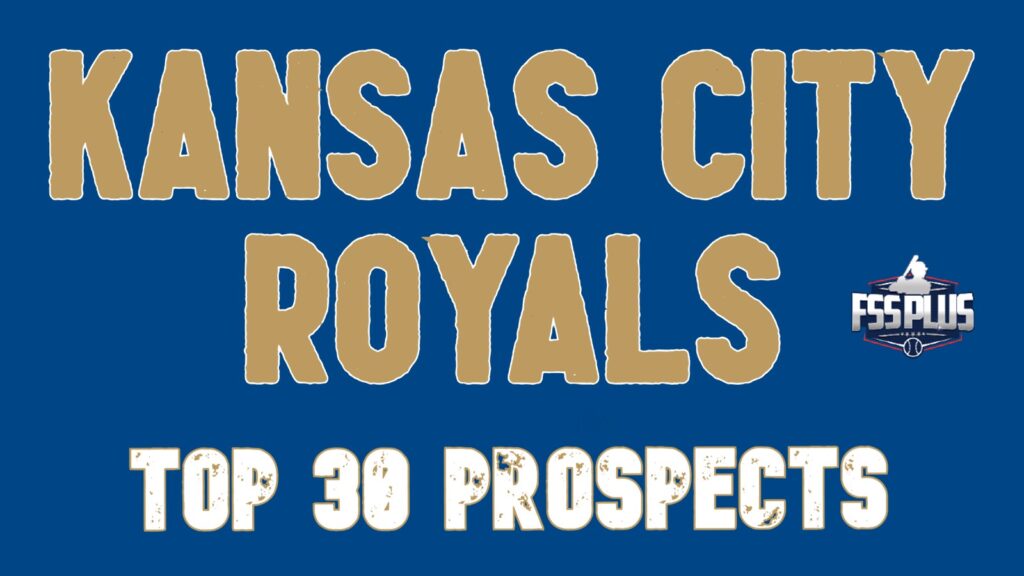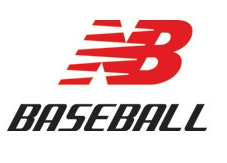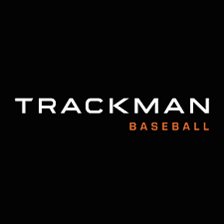The 2024 Preseason Top 30 lists are built around the idea of certainty and future Role. Similar to industry projection systems such as Future Value (FV), Overall Future Potential (OFP), and Grade, Role is a way to describe to what degree a player will add value to his organization at peak.
Our scale is a bit more conservative than other grading systems. We take into account recent seasonal performance, proximity to impact, metric/data analysis, and industry conversations to build a case for the most likely outcome for any given player.
It is important to note these Role labels are fluid and can change as a player moves up the developmental ladder. It is not uncommon for a player to change his role projection over even one month. Players jump from a Role 35 to a Role 40 quite quickly.
Things like mechanical adjustments and physical maturation can alter a player’s projection seemingly overnight. Players change. Keep that in mind.
Below is our Role chart used to place future projection on players.
| ROLE | DESCRIPTION |
|---|---|
| 20 | No organizational value. Non-prospect. |
| 30 | Organizational value, filler. Likely peaks at Triple-A or below. |
| 35 | Potential up-and-down, Quad-A prospect. Has some tools. Development necessary to secure prolonged MLB role. |
| 40 | Back-up at MLB level. No. 5 starter on non-competitive team. Depth. |
| 45 | Potential starter on contender. Bench player for championship-level team. |
| 50 | Starter on a championship-level team. Lacks star ceiling. Steady. Potential No. 4 starting pitcher. |
| 55 | Potential all-star. Some impact. Above average big-league regular. Mid-rotation starter on a contender. |
| 60 | All-star level player. Impact. Middle-of-the-order bat. No. 2 starter on good team. |
| 70 | Perennial all-star. Will contend for seasonal awards. Potential MVP/Cy Young upside. No. 1 starting pitcher. Ace. |
| 80 | Hall of Fame upside. Generational. MVP/Cy Young Favorite some years. Organizational pillar who can carry an entire franchise at times. |
You will not find players with a sub-50 Role on our Top 100 Prospect List. You are also unlikely to find any sub-35 Role players on a Top 30 board. Generally, organizations will have at least 30 players with big-league projection.
All rankings and roles by Joe Doyle
Player notes by Jason A. Churchill
Injuries have made a rather large impact on some of the more promising prospects in the Royals’ system, suggesting there may be more to the org’s collection of young talent than appears on the surface.
With the exception of Bobby Witt Jr., the Royals haven’t fared as well as they’d hoped in the first round the last six years, though Brady Singer still has a chance to warrant his selection and is already in the majors providing value.
In addition, Kansas City has not had many veterans to trade for young talent since the last time the big club was relevant (2015, World Series champs),leaving their farm system to the draft and the club’s lackluster success with international amateurs.
| RANK | PLAYER | POS | ROLE |
|---|---|---|---|
| 1 | Blake Mitchell | C | 50 |
| 2 | Frank Mozzicato | LHP | 50 |
| 3 | Cayden Wallace | 3B | 45 |
| 4 | Nick Loftin | UTL | 45 |
| 5 | Blake Wolters | RHP | 45 |
| 6 | Yandel Ricardo | SS | 45 |
| 7 | Ben Kudrna | RHP | 45 |
| 8 | Mason Barnett | RHP | 45 |
| 9 | Anthony Veneziano | LHP | 45 |
| 10 | Chandler Champlain | RHP | 45 |
Mitchell went No. 8 in last year’s draft, profiling as a plus bat with plus power if all goes well. High school catchers are a worrisome demographic, but Mitchell is advanced defensively and features huge arm strength.
Still, there’s a lot of risk in the pick and Mitchell is going to take time to develop, and prep hitters almost always need time to refine swings and strike zone judgment.
Mozzicato was a surprise pick at No. 7 in 2021 and has struggled to throw strikes in pro ball. But he’s a good athlete with two big-league secondaries, including a 60-grade curveball and developing slider.
It’s a below-average fastball, but if he develops command he’s a back-end starter, and he’s just 20 years old with some physical projection left, suggesting perhaps more velocity is on the way.
Kudrna, 21, has displayed mid-rotation stuff but reliever control in two pro seasons since the Royals made him their second-round pick in 2021.
He’ll hit the mid-90s most times out, and both the changeup and slider project to big-league average or better.
Champlain is another back-end starter, but the 6-foot-5, 220-pound right-hander may still carry some upside if he can generate a little more swing-and-miss from his breaking stuff.
His fastball will touch 98 mph with some late life, but his command is average, additionally holding back his ceiling.
| RANK | PLAYER | POS | ROLE |
|---|---|---|---|
| 11 | Gavin Cross | OF | 45 |
| 12 | Carson Roccaforte | OF | 45 |
| 13 | Austin Charles | SS | 40 |
| 14 | Tyler Gentry | OF | 40 |
| 15 | Carter Jensen | C | 40 |
| 16 | Hiro Wyatt | RHP | 40 |
| 17 | Javier Vaz | 2B | 40 |
| 18 | John McMillon | RHP | 40 |
| 19 | Will Klein | RHP | 35 |
| 20 | Jonathan Bowlan | RHP | 35 |
| 21 | David Sandlin | RHP | 35 |
| 22 | Christian Chamberlain | LHP | 35 |
| 23 | Trevor Werner | 3B | 35 |
| 24 | Noah Cameron | LHP | 35 |
| 25 | Hunter Patteson | LHP | 35 |
| 26 | Peyton Wilson | 2B/OF | 35 |
| 27 | Henry Williams | RHP | 35 |
| 28 | Eric Cerantola | RHP | 35 |
| 29 | Daniel Vazquez | SS | 35 |
| 30 | Jared Dickey | OF | 35 |
Cross was the club’s first-round pick, No. 9 overall, in 2022, but after a strong month to kickstart his pro career that summer he scuffled in High-A this past season, posting a 28% strikeout rate and batting just .206 with a .300 OBP in 94 games.
The batted ball data shows a lot of ground balls (44%), tons of weak contact, and a hefty pull rate, perhaps brought on by a mechanical change designed to help him generate loft.
He’s a good athlete who hit a lot of line drives at Virginia Tech, however, and there’s time for him to get back on track and move the final few steps to the majors.
Charles is a raw prospect taken in Round 20 and bought out of his commitment to UCSB because of his projectable frame and raw tools.
He hasn’t hit yet, but he’ll play 2024 at age 20 and had his moments last summer in Single-A, including 24 extra-base hits and some improvements in swing decisions.
Vaz boasts a short, quick stroke, making a lot of contact — he walked more than he fanned in 2023 (85-67) — and hitting for average. He’ll work counts, spoiling pitches and drawing more than his share of walks. But he wants to swing the bat and will dole out solid contact to all fields.
He offers plus speed and some upside as an average second baseman, and while he’s played some outfield his arm doesn’t profile well there.
Cameron‘s lack of velocity limits his fastball value despite some late movement and command of his curveball and changeup, the latter of which has flashed plus.
It’s a back-end profile, but he’s not far from the big leagues and there’s hope he adds a tick or two to the heater.
- The Diamondbacks return for Josh Naylor… - July 25, 2025
- Five 2025 draft picks that could win Rookie of the Year in 2026 - July 21, 2025
- 2025 MLB Draft: The predictions you didn’t know you needed - July 16, 2025












